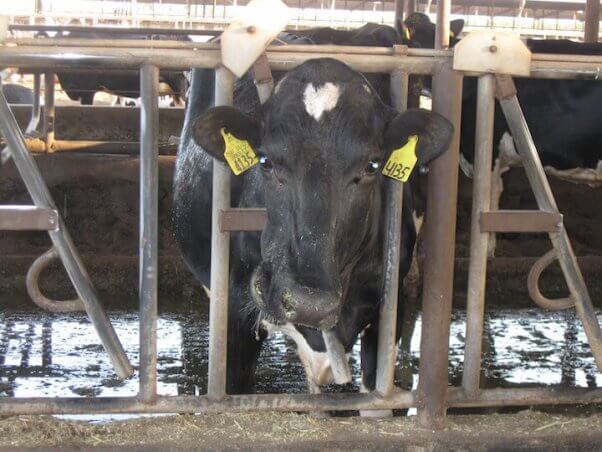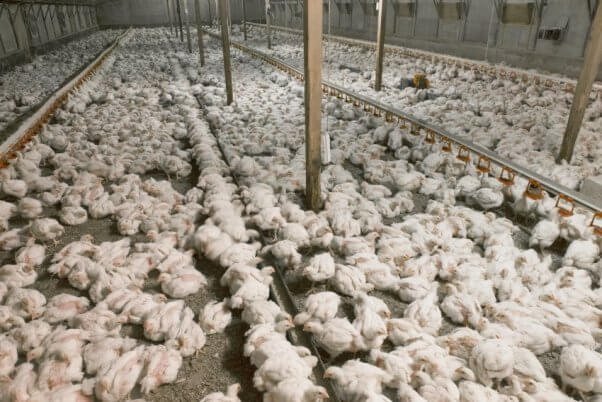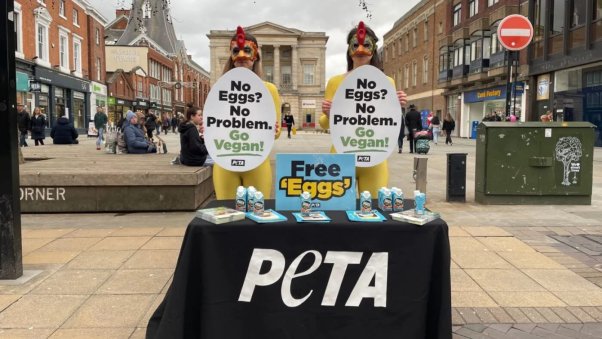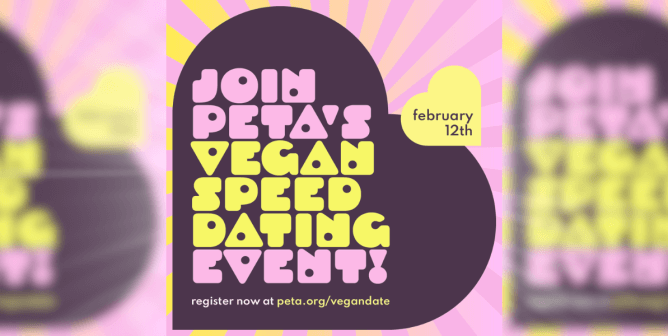As the current bird flu outbreak worsens, concerns about transmission to humans are rising. At the time of this writing, bird flu has been detected in 16 U.S. states.
What is bird flu?
Bird flu is the disease caused by avian influenza Type A viruses. H5N1 is the highly infectious strain of the virus that’s currently spreading.
Has bird flu spread to other animals?
Other mammals who aren’t on farms have also contracted it, either by eating infected wild birds or consuming water or contaminated food. In Ottawa, Canada, health officials reported that a companion dog died of bird flu after chewing on an infected goose. The virus can also spread quickly among wild birds and chickens kept in backyards. H5N1 infections have been detected in various species, from wild birds (including several geese in parks and green spaces in New York City) to mammals—including cows, cats, dogs, marine mammals, and humans.
In late October 2024, the U.S. Department of Agriculture (USDA) reported bird flu in a pig on a backyard farm in Oregon, marking the first time an H5 bird flu infection has been reported in a pig in the U.S. In December 2024, the virus killed multiple companion cats after they were fed raw food and raw milk. Also in that same month, 20 wildcats at a sanctuary in Washington died from bird flu infections and five died at a zoo in Arizona, including a cheetah and a mountain lion.

Cases have also been growing in areas along the Pacific Flyway—a major path for migratory birds along the Western coast of North America. One single weekend in November showed a double in the number of farms experiencing outbreaks in British Columbia. Earlier that month, an otherwise healthy Vancouver teenager with no preexisting conditions was infected with a variant of the virus with mutations that could help it spread more easily to humans and that allowed it to attach more deeply to lung tissue, causing a more serious infection. Nearly a month after being admitted to the hospital, the Vancouver teen remains in critical condition and is unable to breathe without medical assistance. Testing of the virus’s genome revealed that it is the same as the variant found in over 50 infected “poultry farms” across B.C. and in wild geese.
In response, PETA plans to place a billboard near Vancouver restaurants and grocery stores featuring a stark reminder that the meat and egg industries are cruel to birds and serve as breeding grounds for deadly pathogens that are hazardous to human health. Hundreds of thousands of chickens have been killed as a result of the spread in that region of Canada along so far, and the teen’s infection has health officials worried that human to human transmissions could be seen next.

Meanwhile, in California, a child became the first minor to be infected with the virus on November 22nd, and the virus was detected in raw milk produced in California being sold in stores just a few days later.

We’ve responded to California’s growing crisis by planning to place a billboard in Oakland, California, warning people that three out of every four new or emerging infectious diseases in humans come from animals and that going vegan is the best way to prevent zoonotic diseases.
Is bird flu fatal?
Bird flu affects species in different ways. Infections in birds are often fatal. In cows, bird flu seems to cause mild symptoms, including a low-grade fever and a drop in milk production. In cats, the fatality rate of the current strain is about 67%. In humans, the virus most often causes mild symptoms such as conjunctivitis, but it can result in severe illness or even death—the first human death in the U.S. was reported in Louisiana in January 2025 after exposure to chickens kept in a backyard and wild birds.
How is bird flu spreading to other animals?
A farmworker who contracted the virus in Texas had close contact with cows used by the dairy industry. But how did the animals contract the virus in the first place? One reason could be that farmers feed cows “poultry litter,” a mix of feces, feathers, spilled feed, and bedding materials scraped from the floors of buildings on farms where there are infected chickens and turkeys.

Since poultry litter is also commonly used to feed pigs on farms, there’s some concern that bird flu may spread to them, which could lead to mutations that would make it easier for it to jump to humans.
Other mammals who aren’t on farms have also contracted it, either by eating infected wild birds or consuming water or food contaminated by their feces. In Ottawa, Canada, health officials reported that a companion dog died of bird flu after chewing on an infected goose. The virus can also spread easily among wild birds and chickens kept in backyards.
Is it safe to eat meat, eggs, and dairy during the bird flu outbreak?
The only way to ensure that you aren’t eating infected flesh or secretions is not to eat them at all. In the dairy industry, not all cows are tested for viruses, so there’s no guarantee that drinking milk and eating cheese is safe. A cow could have symptoms but not appear to be sick. Moreover, pasteurization and ultra-pasteurization processes aren’t always effective at eliminating viruses. Meat, egg, and dairy farms and slaughterhouses create conditions that are breeding grounds for diseases that can mutate and turn into outbreaks that can spread to humans.
It doesn’t matter whether meat is cooked to a certain temperature or eggs, milk, cheese, or yogurt are pasteurized. There’s no reason to continue to eat animals. Some of the many reasons to go vegan include the following:
- Every animal is someone. Chickens, cows, pigs, and other animals are thinking, feeling individuals who deserve to live in peace.
- In the egg industry, male chicks are ground up while they’re still alive because they’re considered “useless.”
- The meat, egg, and dairy industries damage the planet. Going vegan is the best way to slow the climate catastrophe.
- Your risk of suffering from heart disease, diabetes, cancer, and other ailments decreases when you go vegan.
- You’re at a much higher risk of contracting foodborne pathogens such as E. coli and salmonella if you eat animals.

Who’s responsible for the spread of bird flu?
Humans can’t ignore the link between what they eat and outbreaks of diseases such as bird flu and COVID-19. Cramming animals onto farms for their flesh, eggs, and udder secretions leads to sickness.
Farmers crowd chickens, cows, pigs, and other animals into small cages or feces-ridden sheds where pathogens flourish. They’re transported in filthy trucks and slaughtered on killing floors soaked with blood, urine, and other bodily fluids.
All animal agriculture facilities, even farms that use deceptive labels such as “free-range” and “organic,” are breeding grounds for new strains of dangerous bacteria and viruses.
Need Help Going Vegan? We’ve Got You Covered
Going vegan is the best way to save animals and prevent future pandemics. There are many wonderful animal-free options on the market, so there’s something for everyone. Satisfying vegan meats and eggs, creamy plant-based milks, and meltable cow-friendly cheese will help you make the transition.
Don’t wait—order a free vegan starter kit and start changing the world one meal at a time:
For more up-to-minute updates, follow PETA’s BlueSky account or find us on Threads or X.
Text VEG to 73822 to get the latest vegan lifestyle tips, recipes, and urgent action alerts texted right to your phone.
Terms for automated texts/calls from PETA: https://peta.vg/txt. Text STOP to end, HELP for more info. Msg/data rates may apply. U.S. only.







